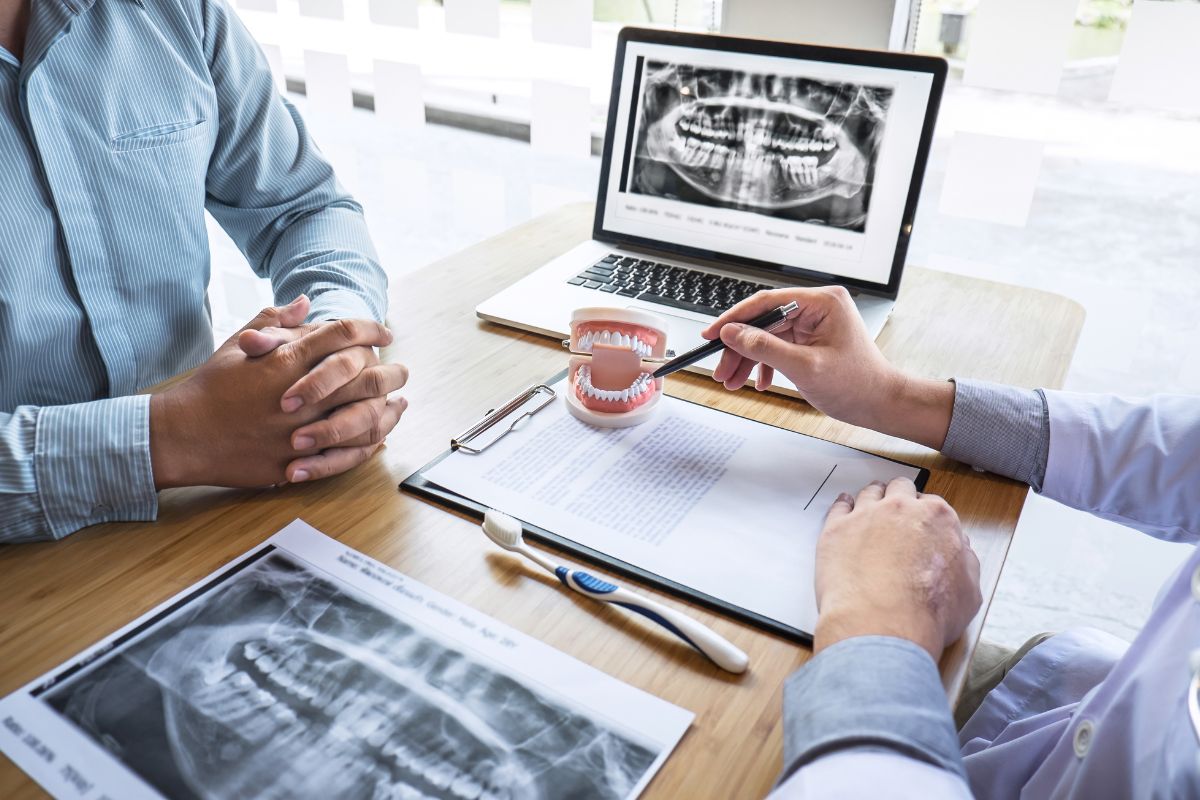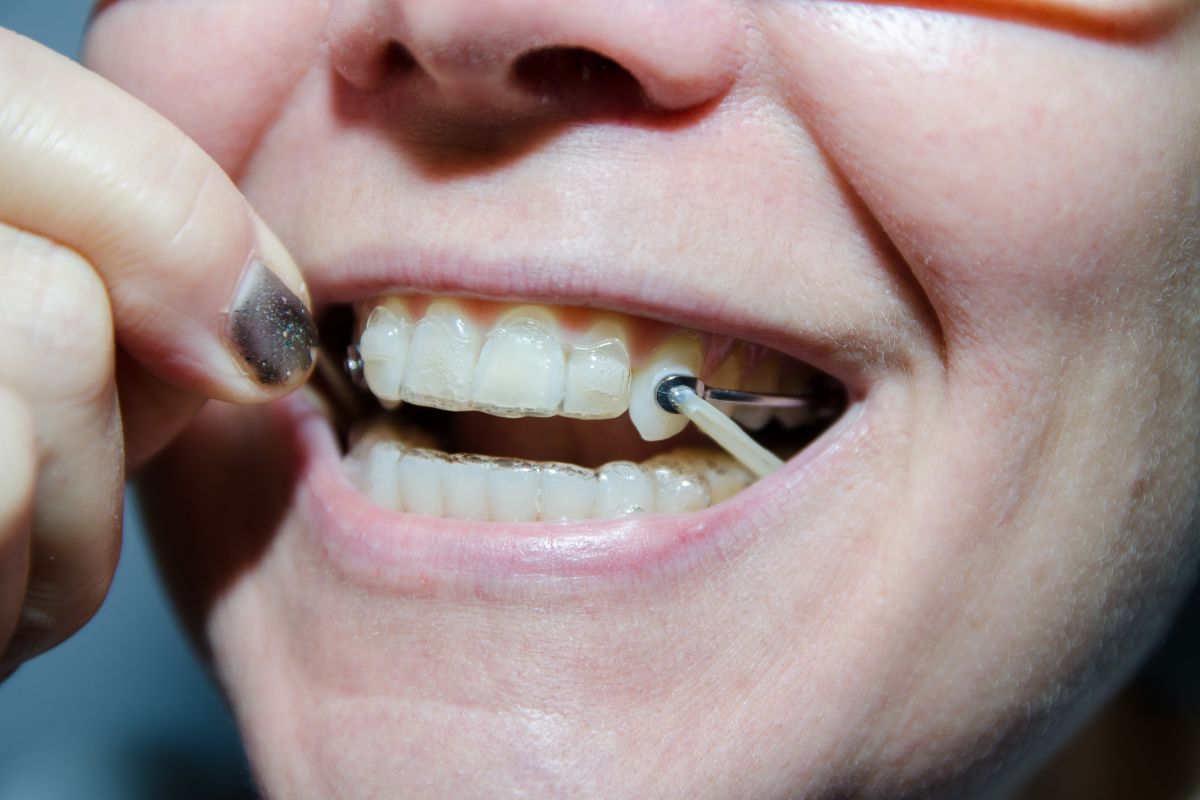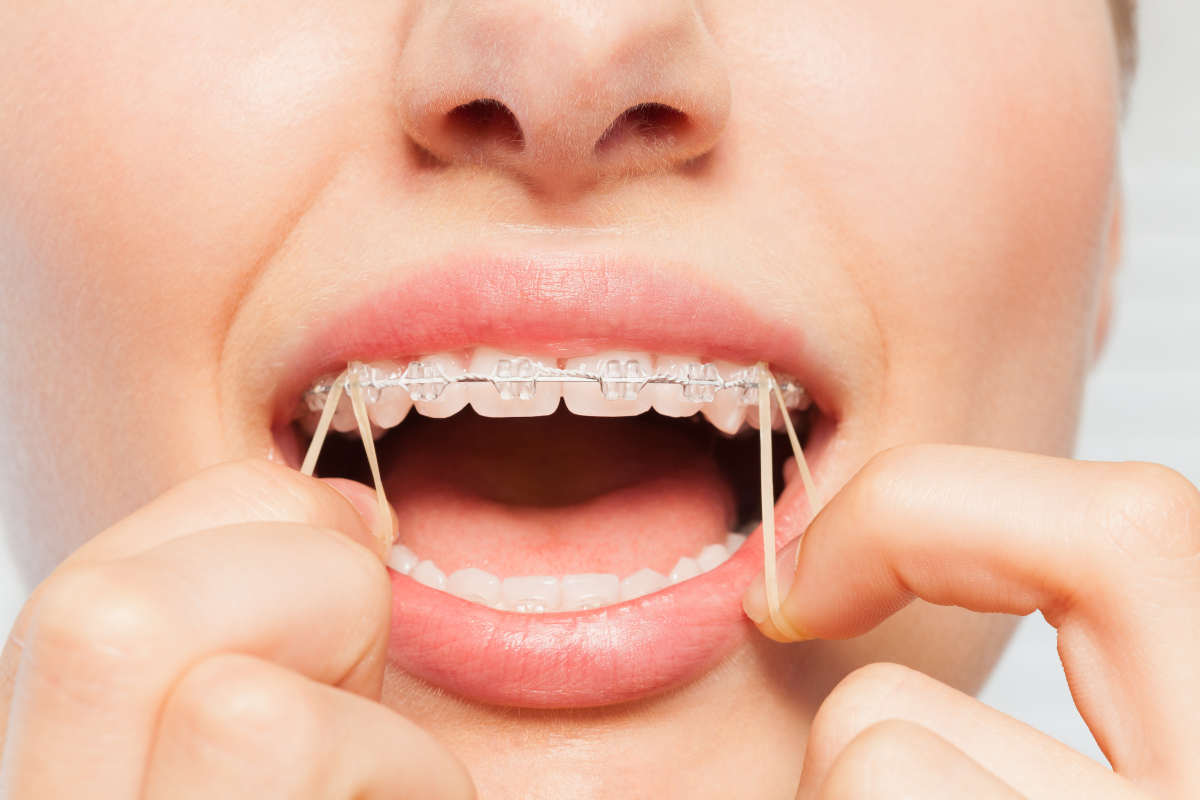Emergencies
We know that emergencies don’t always happen during regular business hours. And while we’d always prefer that you leave the orthodontic care to the professionals, there are certain emergency situations that you may be able to act upon in a safe and effective manner.
Ligatures coming off your brace: Sometimes, when eating, the small elastic ligatures used to keep the wire and brace together, can pop off. In this case, carefully use small tweezers to place the ligature back around the brace.
Brace has come detached from your tooth: Although braces are attached to your teeth using a special adhesive, sometimes — whether as the result of being hit in the mouth during sport, eating a hard food, or nightly grinding and clenching — the attachment can become dislodged. In this case, a visit to your orthodontic specialist should be scheduled at your earliest convenience, but in the interim you can attempt to temporarily correct the problem by using tweezers to carefully remove the bracket from the wire, reposition the unattached brace back in place, or simply leave it to slide free on the wire if it is not causing discomfort. A broken bracket is NOT AN EMERGENCY, unless it is causing the patient extreme discomfort that cannot be temporized with orthodontic wax.
Protruding wire: A piece of wire protruding from the end of the last bracket can irritate your lips and/or cheek. Again, we recommend visiting your orthodontic specialist at your earliest convenience, but in the interim you can use orthodontic wax, or a small nail clipper to cut the protruding wire. We recommend using a folded piece of tissue paper to catch the piece of wire when it’s cut.
Food caught between teeth: While not an emergency in the truest sense of the word, this situation can be extremely uncomfortable for the person wearing braces. It can be rectified by using a piece of dental floss, tied with a small not in the middle, or a toothpick to dislodge the food caught between the tooth and braces.
Mouth sores: While not caused by braces, this condition can be irritated by their presence. We recommend using a small amount of topical anesthetic, such as Ora-Gel, directly to the sore (please be sure to use a cotton swab instead of your finger to apply). You can reapply the anesthetic as required. Rinsing with warm salt water will also alleviate discomfort and help the area heal.
Tooth pain following an adjustment: Some patients will experience tooth pain following an adjustment of the braces. While not dangerous, it can make eating more difficult and cause discomfort. Avoiding hard foods can be helpful, as can taking non-prescription pain relievers, such as acetaminophen (Tylenol) or ibuprofen (Advil).
We want to stress that any emergency treatment should only be undertaken if access to an orthodontic professional is not an option, and the patient is in discomfort. Please contact us at Orthodontics Studio (Office Manager: & Dr. Sky Naslenas: ) should you have any questions about your orthodontics or to arrange for an emergency visit. Your comfort and safety are important to us.
Recent Posts
-
Inside the World of Orthodontists: Education, Precision, and Transformative Treatments
The Evolution of Orthodontics: A Brief Historical Overview Orthodontics, an integral branch…
-
How Orthodontists Plan a Treatment for a Beautiful Smile
Understanding the Patient's Unique Needs A positive self-image and confidence can result…
-
Unleash Your New Smile! Here's What You Need to Know Before Braces Removal
Are you excited to see your smile transformation? Taking your braces off…
-
Traits That a Good Orthodontist Should Have
Choosing an orthodontist is half your smile transformation journey. That’s why in…
-
How Braces Can Help Fix an Asymmetrical Jawline
An asymmetrical jawline can cause concern for many individuals, affecting their appearance…
-
Can Cavities Be Reversed?
Cavities are among the most common dental issues people of all ages…
-
What to Prepare During Your First Braces Appointment
Are you about to embark on your journey to a beautiful smile…
-
Taking Care of Baby Teeth: A Comprehensive Guide for Parents
Caring for our children's health is one of our most crucial responsibilities…
-
What are Brace Elastics?
If you or someone you know is undergoing orthodontic treatment with braces,…
-
Difference Between an Overjet and Overbite: A Comprehensive Guide
Two orthodontic terms that often confuse our patients are "overjet" and "overbite."…







 Instagram
Instagram
